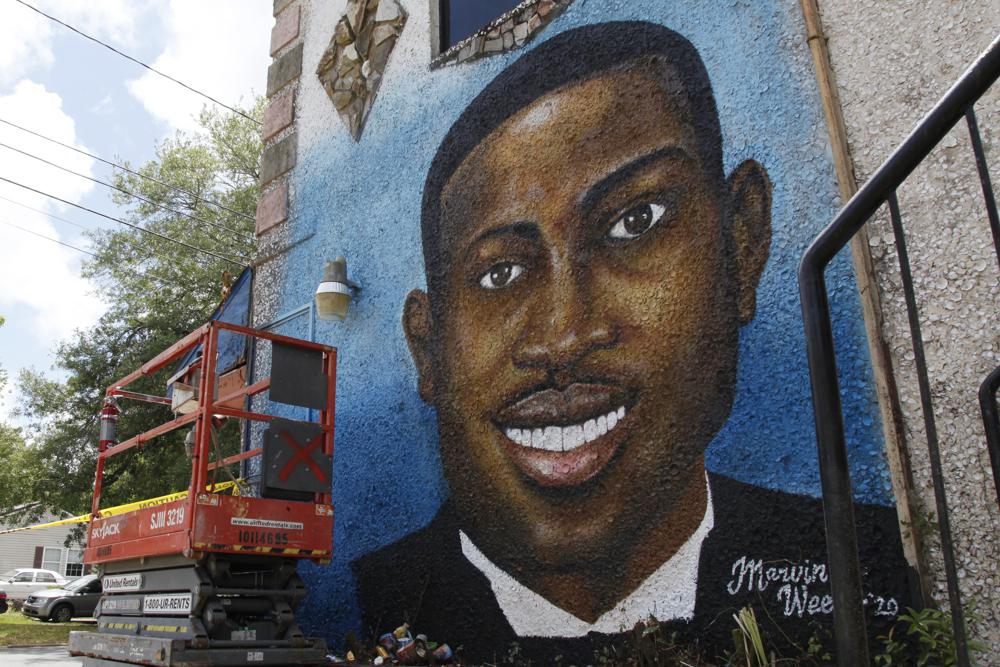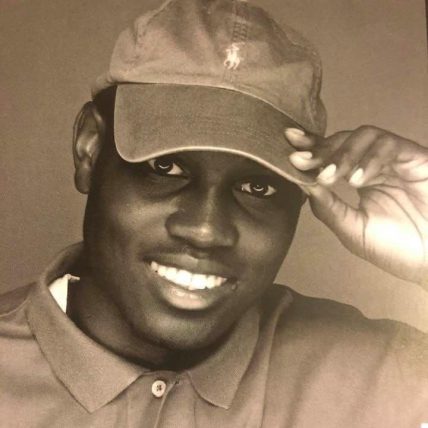Ahmaud Arbery’s killers say race was not a factor in slaying the 25-year-old jogger
“The evidence against Bryan did not present a man who saw the world through a prism of racism,” said J. Pete Theodocion, defense attorney for William “Roddie” Bryan.
The three white men serving hefty prison sentences for killing 25-year-old Ahmaud Arbery in 2020 have asked a court to reverse their federal hate crime convictions.
According to the Associated Press, in legal briefs filed by attorneys for Greg McMichael and William “Roddie” Bryan, the two men denied that their heinous actions were motivated by race.

Meanwhile, McMichael’s son, Travis McMichael, did not make any effort to challenge whether racism played a role in Arbery’s death in his appeal.
What does the appeal say?
On appeal, Bryan and the elder McMichael objected to whether federal prosecutors proved their case and successfully argued that the two men murdered Arbery based on race, according to CNN.
Defense Attorney J. Pete Theodocion filed a legal brief on behalf of Bryan and wrote, “The evidence against Bryan did not present a man who saw the world through a prism of racism.”
He asserted that Bryan “was not obsessed” with Black Americans, unlike co-defendant Travis.
Theodocion said there is insufficient evidence “to suggest Bryan would have acted any differently on the day in question had Arbery been white, Hispanic, Asian or other.”
The lawyer doubled down and argued that not every crime that is committed against a Black American is a hate crime.
He added, “Every crime committed against an African American by a man who has used racist language in the past is not a hate crime.”
As for Travis’ appeal, he wants his attempted kidnapping and weapons use charges convictions to be overturned.

What happened?
On Feb. 23, 2020, Arbery was jogging through a Brunswick, Georgia neighborhood when both McMichaels and Bryan stalked him.
The three falsely believed that Arbery was responsible for a string of break-ins that had taken place in the neighborhood.
The McMichaels hunted him down in their trucks with firearms while Bryan tagged along and recorded the ordeal.
At one point, Travis got out of his vehicle and confronted Arbery, which then led to a physical encounter. Travis then fired three shots, fatally wounding Arbery.
His brutal death garnered worldwide attention, with many people taking to the streets to demand justice.
The Department of Justice charged the three men with federal hate crimes, amongst other offenses, in the killing of Arbery.
Following a two-week trial, a federal jury found the three men guilty and sentenced both McMichaels to life in prison. Bryan was handed a 35-year prison sentence.
In August 2022, Assistant Attorney Kristen Clarke released a statement that said, “It was important that this murder was prosecuted for what it was — a brutal and abhorrent racially-motivated hate crime.
She added, “Ahmaud Arbery should be alive today. The tragic murder of Mr. Arbery reminds us that hate-fueled violence targeting Black people remains a modern-day threat in our country.”

What’s next?
The Department of Justice now has 30 days to respond to the hate crime appeals.
If arguments are heard in the United States Court of Appeals for the 11th Circuit, then a judge could either affirm, reverse or alter the convictions or remand the case back to the trial court.
The 11th Circuit has not yet set a date to hear oral arguments.
TheGrio is FREE on your TV via Apple TV, Amazon Fire, Roku and Android TV. Also, please download theGrio mobile apps today!


